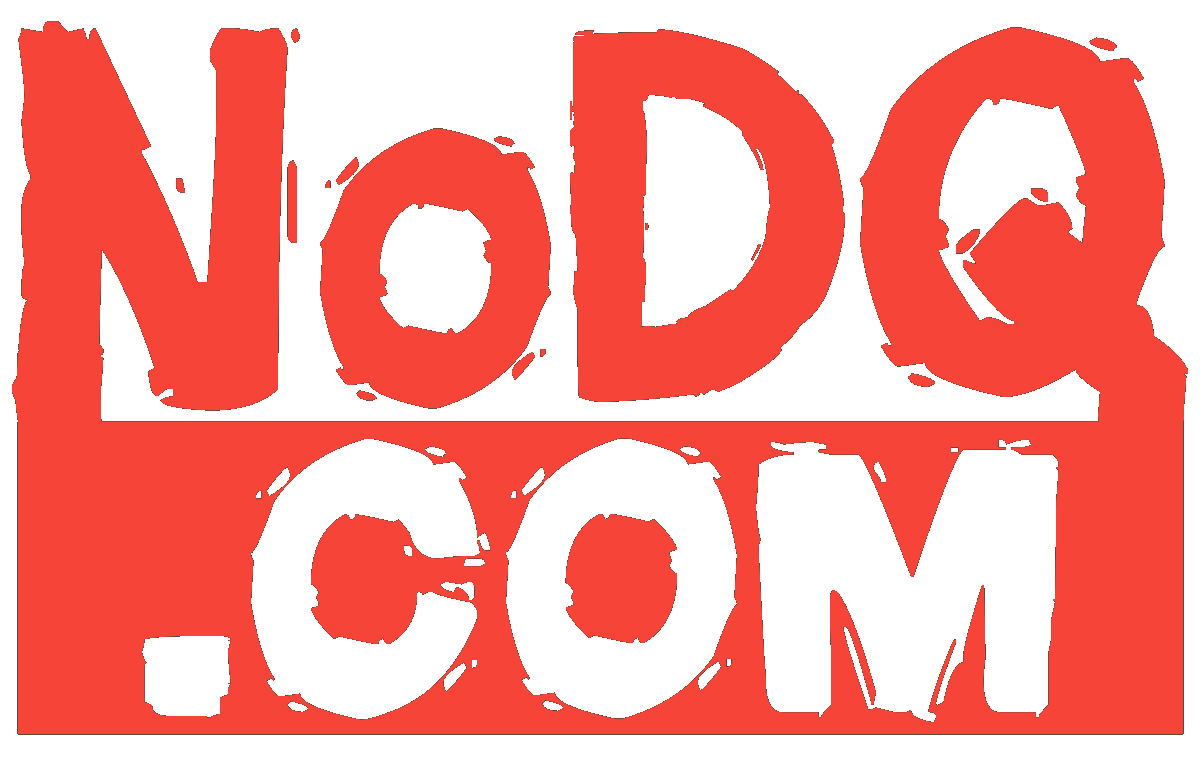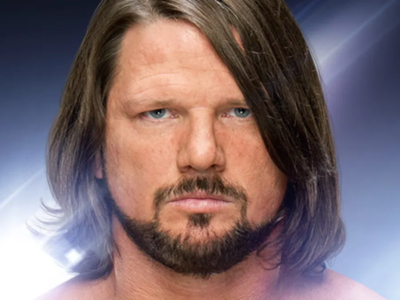10 reasons why Vince Russo was a better wrestling writer than many give him credit for
Vince Russo is often a polarizing figure in professional wrestling, with his writing style receiving both praise and criticism. However, there are several reasons why he was a better wrestling writer than many give him credit for and here are 10 of them…
1. Revolutionizing Storytelling in the Attitude Era
Russo is widely credited for playing a key role in the success of WWE’s Attitude Era, one of the most commercially successful periods in wrestling history. He introduced a fast-paced, episodic style of storytelling that kept fans hooked week-to-week. Storylines became more edgy, real, and adult-oriented, reflecting the cultural zeitgeist of the late 1990s.
His focus on characters, emotions, and shock value made wrestling feel more like a high-stakes soap opera, bringing mainstream attention to the product. This type of writing helped WWE win the ratings war against WCW during the Monday Night Wars.
2. Midcard and Underutilized Talent Spotlight
Russo had a knack for giving airtime and storylines to midcard and lower-tier talent. Wrestlers who might have been overlooked in previous eras found themselves involved in compelling angles. This includes stars like Val Venis, The Godfather, and Goldust, who might not have been world champions but had memorable, well-developed characters.
His philosophy was that every performer on the roster should have a character and story, which gave lesser-known wrestlers opportunities to shine and connect with the audience.
3. Emphasis on Crash TV and Audience Engagement
Russo was a pioneer of “Crash TV,” where short, intense segments would happen rapidly to maintain viewer interest. His writing style was designed for the fast-paced nature of late-90s television, where the attention span of the audience was shrinking. This meant constant surprises, cliffhangers, and swerves that left audiences talking about the show.
Russo’s frequent twists, while sometimes criticized as excessive, often kept viewers engaged and made weekly TV feel unpredictable, which was crucial in keeping WWE competitive during the Monday Night Wars.
4. Character Development and Storyline Depth
Russo’s strength was in character development. Wrestlers weren’t just one-dimensional performers; they had personas, backstories, and relationships that often intertwined in complex ways. For example, the feud between The Rock and Mankind over the WWE Championship, or Steve Austin’s constant rebellion against Vince McMahon, are classic examples of how Russo used character dynamics to fuel major storylines.
His work in the WWE during the Attitude Era helped create some of the most memorable and enduring characters in wrestling, from Stone Cold Steve Austin to The Rock, DX, and others.
5. Understanding What “Worked” for the Audience
Russo understood what the mainstream audience of the late 1990s wanted: sex appeal, violence, and reality-blurring angles. His incorporation of risqué storylines, real-life conflicts, and shocking moments like Austin’s beer truck or The Rock/Mankind “This is Your Life” segment played into a cultural shift that was in sync with the growing edginess of entertainment.
He often took risks that, while sometimes controversial, appealed to casual fans and brought new viewers to the product.
6. Pushing the Envelope
Whether it was for good or bad, Russo pushed the creative boundaries of what wrestling could be. He blurred the lines between kayfabe and reality, introducing elements like “worked shoots” (where the audience was made to think a scripted event was real). This approach made the product feel more unpredictable and relatable.
Examples like Brian Pillman’s “Loose Cannon” persona and the Montreal Screwjob’s aftermath were moments where Russo was heavily involved in creative directions that drew in fans who wanted a more realistic, hard-hitting product.
7. Early Success in WCW
Despite his widely criticized run in WCW, Russo initially brought fresh ideas that boosted the ratings briefly. Concepts like the New Blood vs. Millionaires’ Club feud tapped into real-life generational clashes in WCW, and his willingness to shake up the roster and give younger talent a chance was an idea that had merit (even if it wasn’t executed well in the long run).
Russo’s initial ideas were attempts to rejuvenate WCW’s stale product. For example, Jeff Jarrett’s push, as well as giving more TV time to underutilized talent, was a reflection of his philosophy that wrestling needed to constantly evolve to stay fresh.
8. Impact on TNA Wrestling
Russo’s run in TNA Wrestling is often overlooked. Despite mixed opinions, he contributed to some strong storylines during the company’s formative years, helping to elevate the promotion. He played a role in crafting early X-Division stories and pushed talents like AJ Styles, Samoa Joe, and Abyss into the spotlight.
His ability to create compelling characters and introduce new angles helped TNA grow from an independent promotion into a legitimate alternative to WWE in the mid-2000s.
9. Making Wrestling “Must-See”
Russo’s unpredictability and love for shocking swerves made weekly wrestling television feel must-watch. While not every idea was a hit, fans tuned in because they never knew what crazy or unexpected twist might happen next. This was especially important during a period when wrestling was competing with other forms of entertainment for viewers’ attention.
10. Innovative Gimmick Matches
While some of his match ideas were bizarre or poorly received (like the infamous “Judy Bagwell on a Pole”), Russo helped bring variety and creativity to match types. His work in creating “anything can happen” matches led to moments that were memorable, if not always critically acclaimed. His unpredictability often worked in the context of the larger-than-life nature of pro wrestling.
Final Thoughts
While Vince Russo’s style was often over the top and chaotic, he understood how to get a reaction from audiences, create memorable television, and push the boundaries of what wrestling could be. His strengths lay in making wrestling feel dynamic, unpredictable, and exciting, particularly for the late-90s audience. Though he was not without his flaws, his impact on the wrestling industry is undeniable, and he deserves credit for contributing to some of wrestling’s most entertaining eras.




